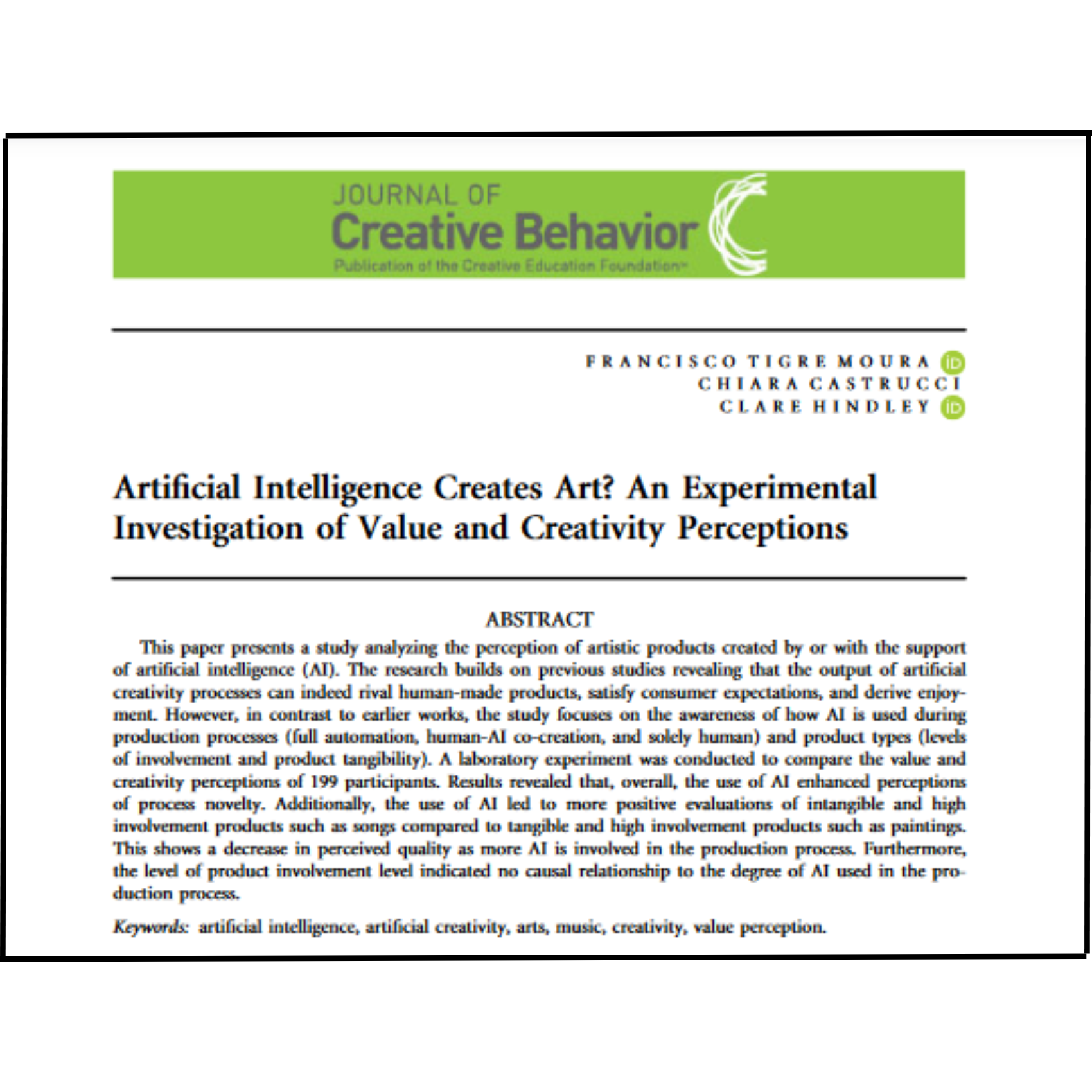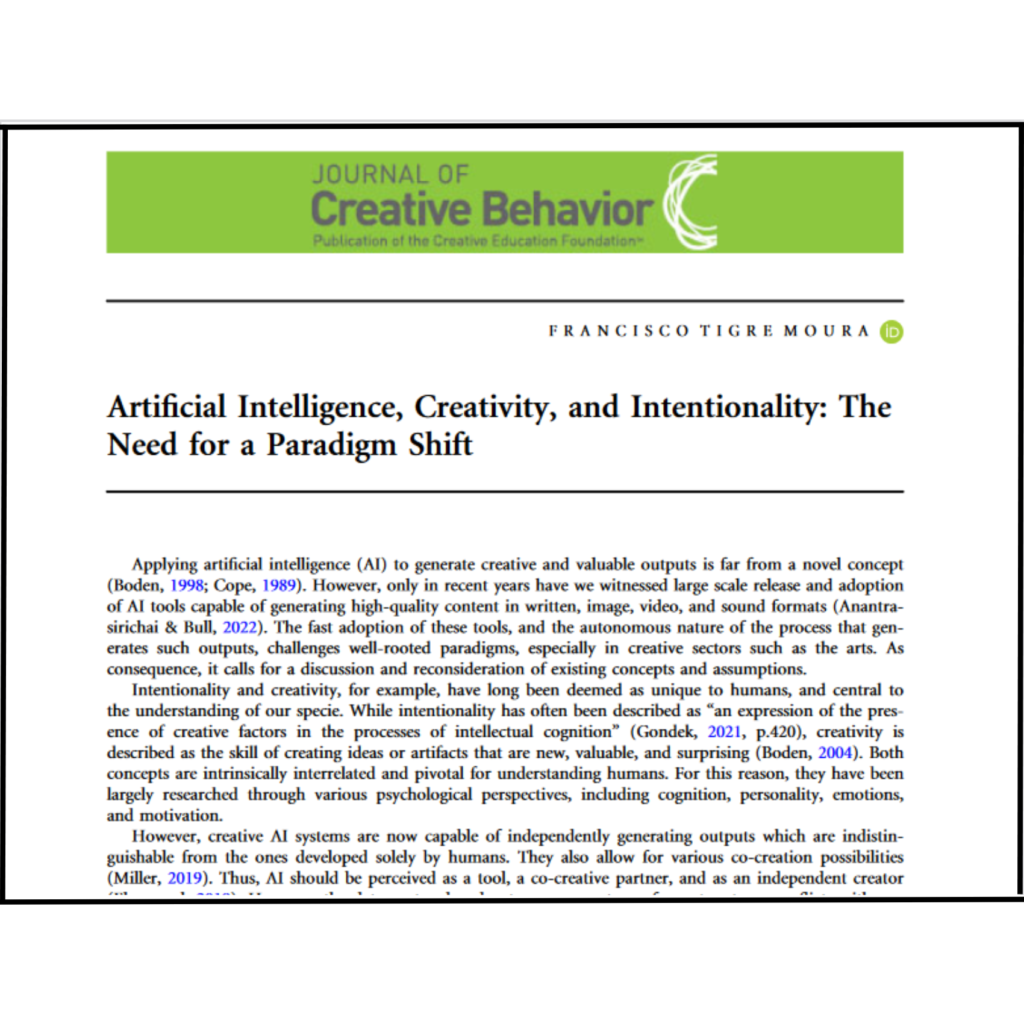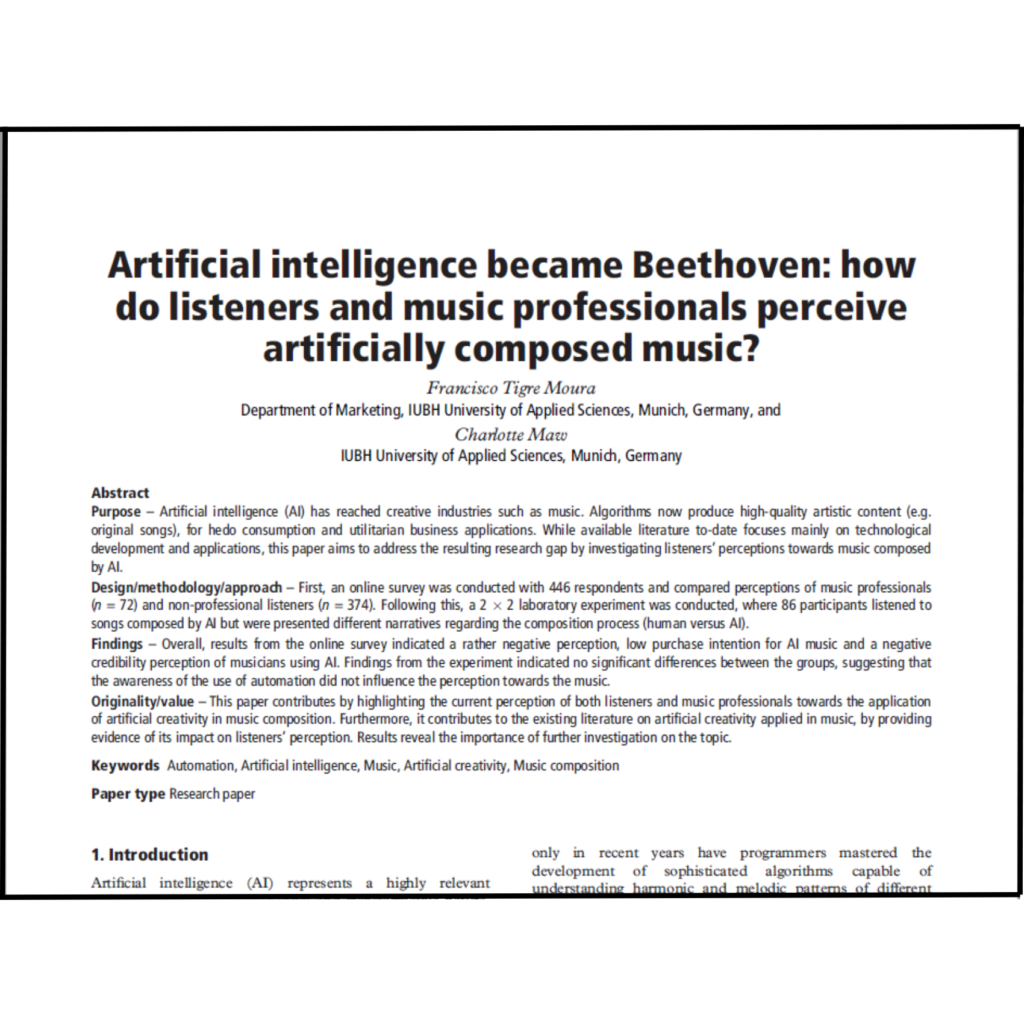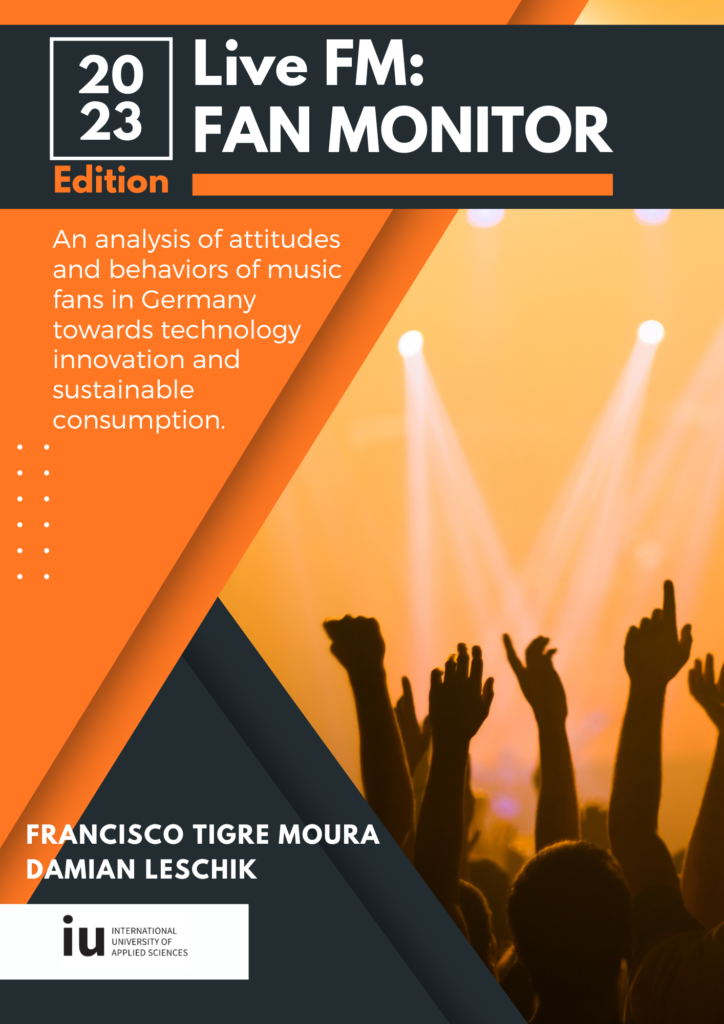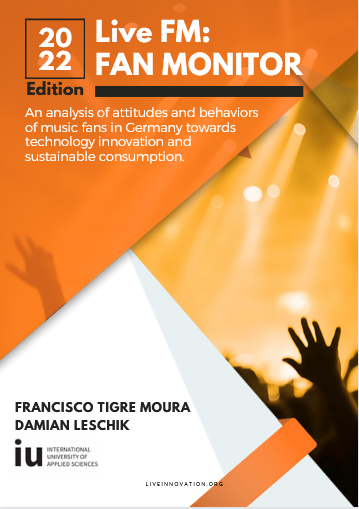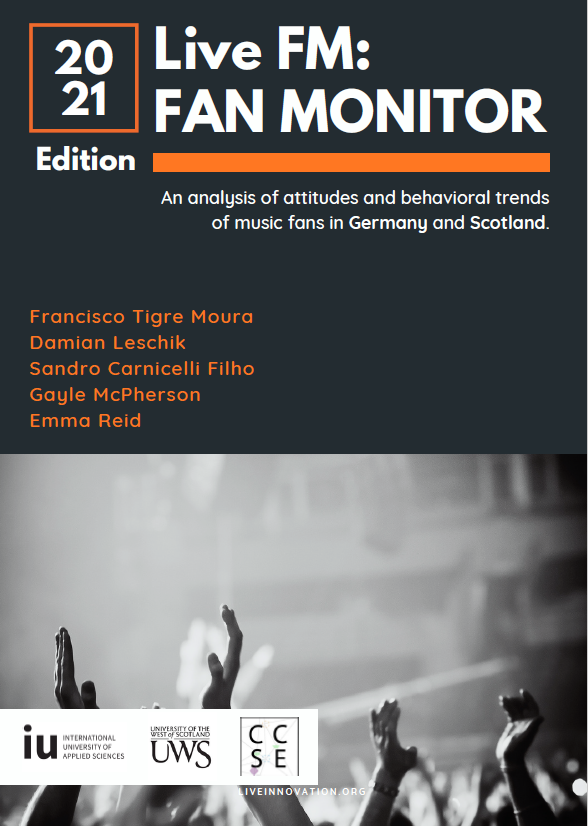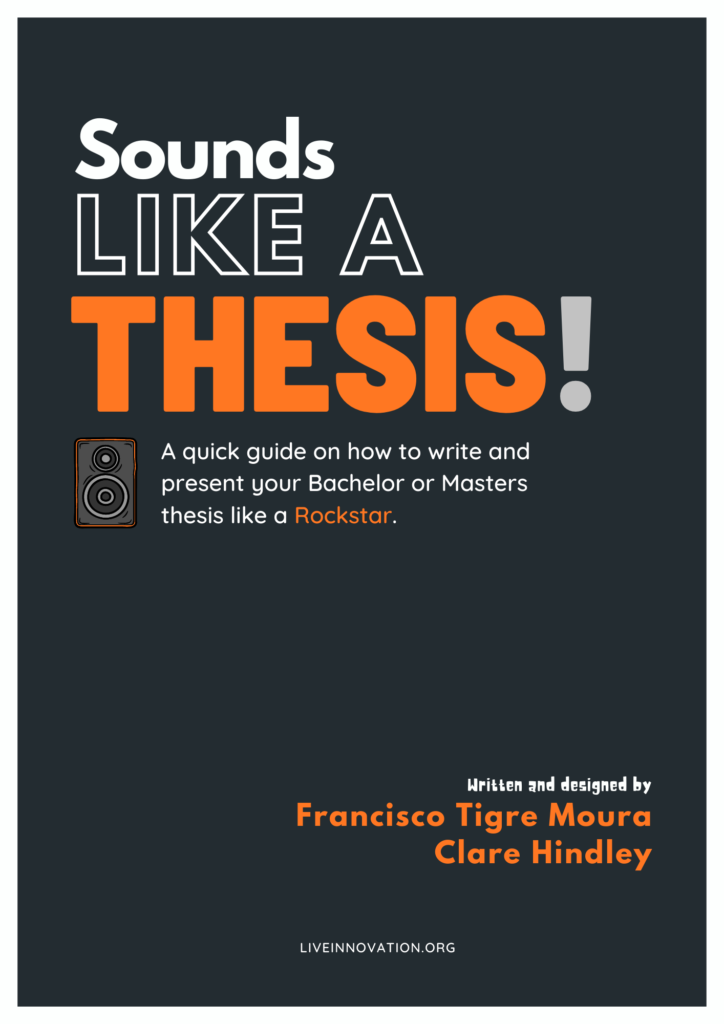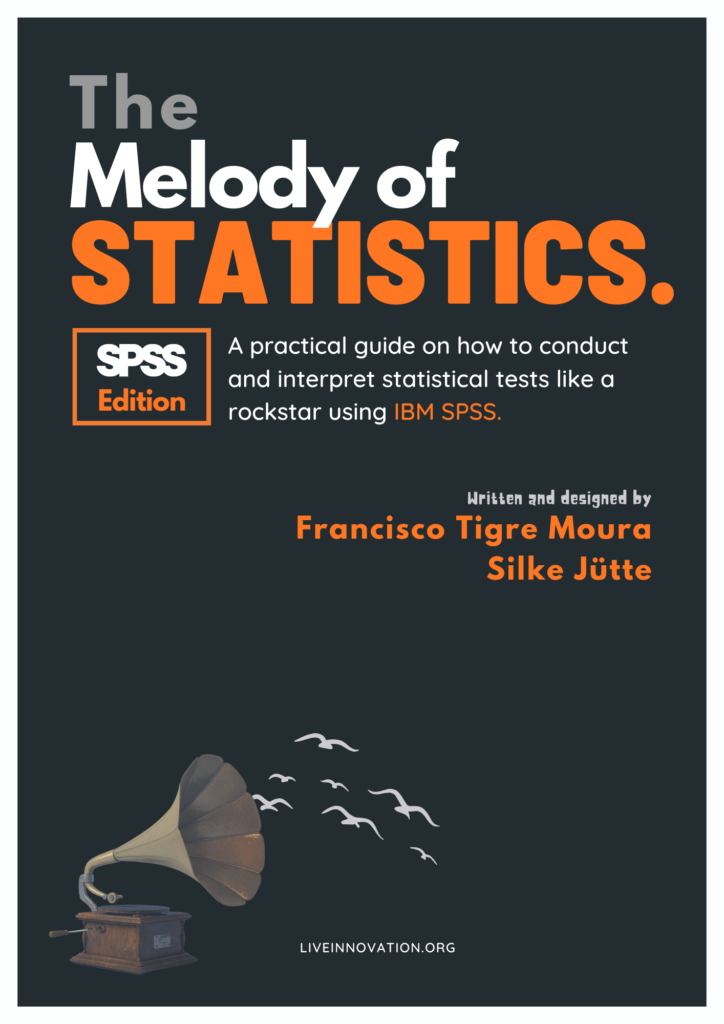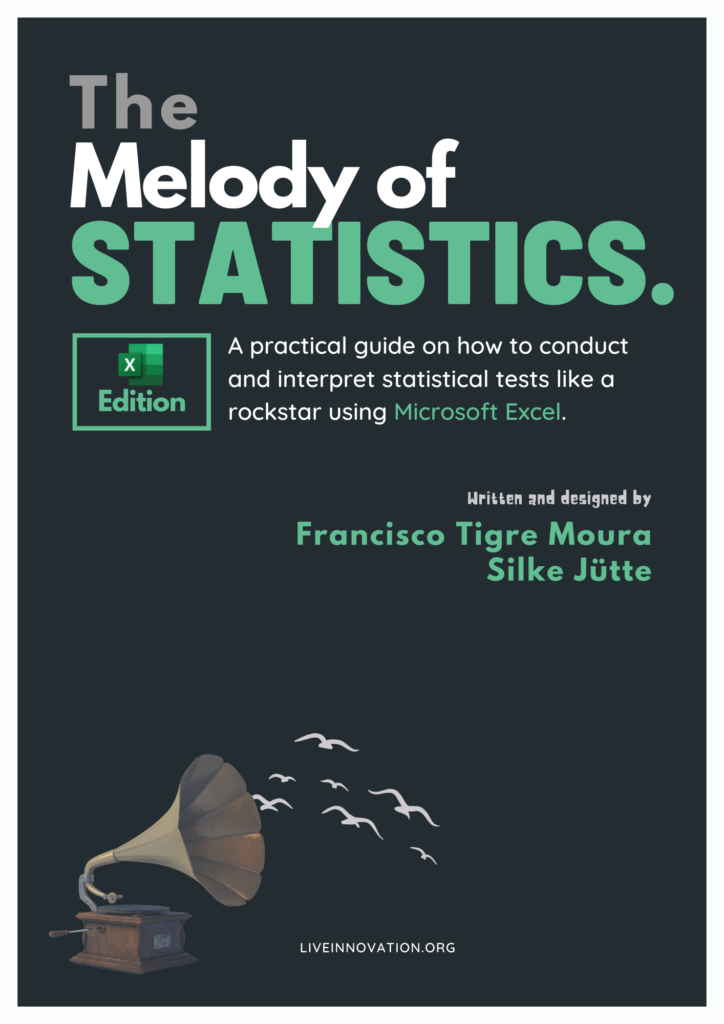
This paper presents a study analyzing the perception of artistic products created by or with the support of artificial intelligence (AI). The research builds on previous studies revealing that the output of artificial creativity processes can indeed rival human-made products, satisfy consumer expectations, and derive enjoyment. However, in contrast to earlier works, the study focuses on the awareness of how AI is used during production processes (full automation, human-AI co-creation, and solely human) and product types (levels of involvement and product tangibility). A laboratory experiment was conducted to compare the value and creativity perceptions of 199 participants. Results revealed that, overall, the use of AI enhanced perceptions of process novelty. Additionally, the use of AI led to more positive evaluations of intangible and high involvement products such as songs compared to tangible and high involvement products such as paintings. This shows a decrease in perceived quality as more AI is involved in the production process. Furthermore, the level of product involvement level indicated no causal relationship to the degree of AI used in the production process.
COMMENTARY: Applying artificial intelligence (AI) to generate creative and valuable outputs is far from a novel concept (Boden, 1998; Cope, 1989). However, only in recent years have we witnessed large scale release and adoption of AI tools capable of generating high-quality content in written, image, video, and sound formats (Anantrasirichai & Bull, 2022). The fast adoption of these tools, and the autonomous nature of the process that generates such outputs, challenges well-rooted paradigms, especially in creative sectors such as the arts. As consequence, it calls for a discussion and reconsideration of existing concepts and assumptions.
Artificial intelligence (AI) has reached creative industries such as music. Algorithms now produce high-quality artistic content (e.g. original songs), for hedonic consumption and utilitarian business applications. This paper aims to address the resulting research gap by investigating listeners’ perceptions towards music composed by AI. First, an online survey was conducted with 446 respondents and compared perceptions of music professionals (n = 72) and non-professional listeners (n = 374). Following this, a 2 × 2 laboratory experiment was conducted, where 86 participants listened to songs composed by AI but were presented different narratives regarding the composition process (human versus AI). Overall, results from the online survey indicated a rather negative perception, low purchase intention for AI music and a negative credibility perception of musicians using AI. Findings from the experiment indicated no significant differences between the groups, suggesting that the awareness of the use of automation did not influence the perception towards the music.

-
Tigre Moura, F.; Huber, B. (2023) Sounds of Change: Musicians as Sustainability Communication Agents. ANZMAC 2023 Conference Proceedings. Thyne M. & Biggemann S.(eds.). Dunedin: Australian and New Zealand Marketing Academy Conference, pp.184-186. ISSN: 1447-3275.
-
Tigre Moura, F. (2023) Extending the 8P Creativity Framework to Artificial Intelligence. ANZMAC 2023 Conference Proceedings. Thyne M. & Biggemann S.(eds.). Dunedin: Australian and New Zealand Marketing Academy Conference, pp.164-166. ISSN: 1447-3275.
- Tigre Moura, F., Castrucci, C. and Hindley, C. (2023), Artificial Intelligence Creates Art? An Experimental Investigation of Value and Creativity Perceptions. Journal of Creative Behavior, 57: 534-549. https://doi.org/10.1002/jocb.600.
- Tigre Moura, F. (2023). Artificial Intelligence, Creativity, and Intentionality: The Need for a Paradigm Shift. Journal of Creative Behavior. https://doi.org/10.1002/jocb.585
- Tigre Moura, F., & Maw, C. (2021). Artificial intelligence became Beethoven: how do listeners and music professionals perceive artificially composed music?. Journal of Consumer Marketing.
- Tigre Moura, F.; Maw, C; Castrucci, C. (2020). Artificial Creativity and Music: Exploring How Different Levels of Automation During Composition Process Impact Listeners’ Value Perception. EMAC Conference, Budapest (Hungary).
- Tigre Moura (2019). Should Brands and Bands Use Artificially Composed Music? An Investigation of High and Low Involvement Contexts. EMAC Conference, Hamburg (Germany).
- Tigre Moura, F.; Oral, C. (2018). Automation is the New Mozart: But How Do Consumers Perceive Music Composed by Artificial Intelligence? EMAC Conference, Glasgow (Scotland).
- Hattula, C., Buchmann, M., & Moura, F. T. The Acceptance of Amazon Go: An Analysis based on the Technology Acceptance Model and Cultural Dimensions. Dimensions, 49, 62915.
- Oral, C.; Tigre Moura, F. (2018). Exploring Differences Between the Consumption of Vinyl records and Music Streaming Services. Regional EMAC Conference, Prague (Czech Republic).


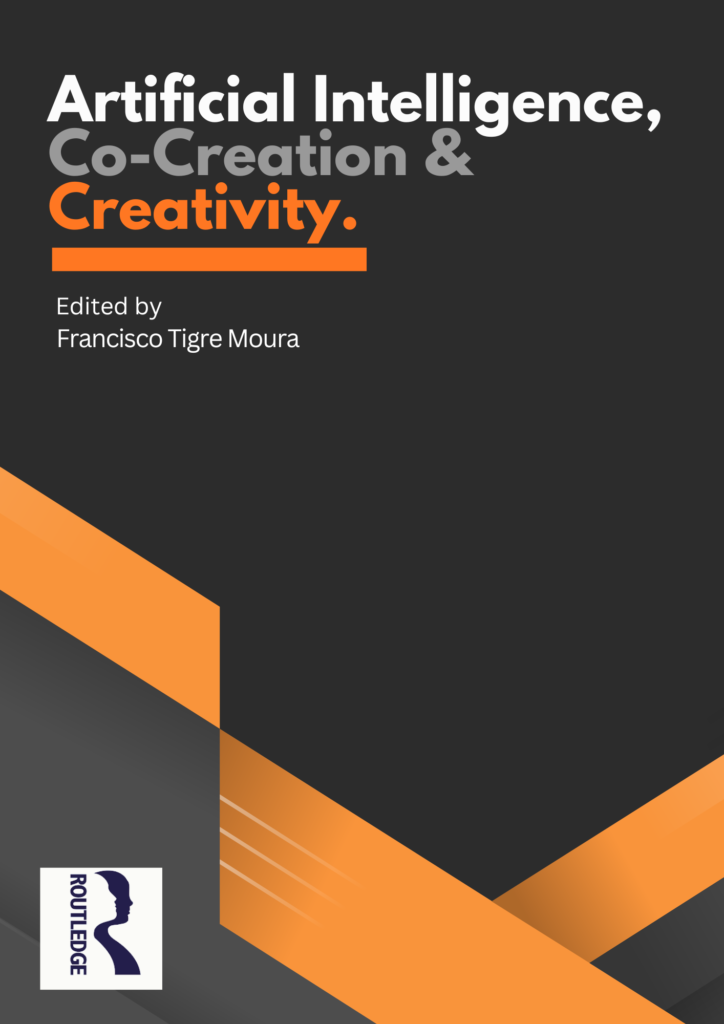



- Singh, N., Park, J. E., Chun, W., Moura, F. T., & Kim, S. H. (2017). Strategic insights into localizing web communications: Evidence from South Korea. ACM SIGMIS Database: the DATABASE for Advances in Information Systems, 48(3), 69-82.
- Tigre Moura, F.; Nobis, C.; Carnicelli Filho, S. (2017). Virtual Reality and the Decision Making Process of German Senior Travelers: A Cross-Medium Comparison. CAUTHE Conference, Dunedin (New Zealand).
- Tigre Moura, F.; Singh, N.; Chun, W. (2016). The Influence of Culture on Website Design and Users’ Perceptions: Three Systematic Reviews. Journal of Electronic Commerce Research (Vol 17, N.4)
- Tigre Moura, F; Gnoth, J.; Deans, K.R. (2015). Localizing Cultural Values on Tourism Destination Websites: The Effects on Users’ Willingness to Travel and Destination Image. Journal of Travel Research (Vol. 54, Issue 4).
- Tigre Moura, F.; Menezes, V. (2014). The Perception towards Mobile Application Features of the Hotel Industry: A Comparison between Hospitality Professionals and Guests. CHME Conference, Buxton (England).
- Moura, F. T., Gnoth, J., & Deans, K. R. (2012). The Effects of Localising Cultural Values on Tourism Destination Websites on Tourist’s Willingness to Travel. E-review of Tourism Research, 10(2), 43-46.


